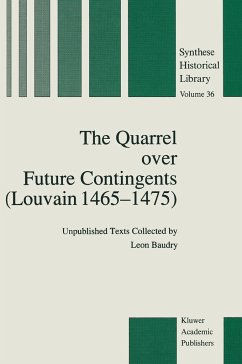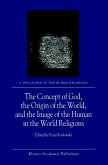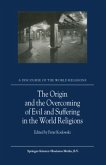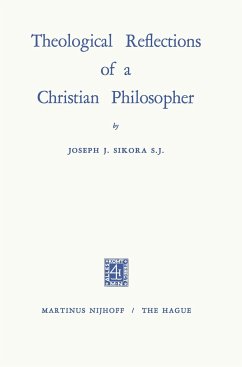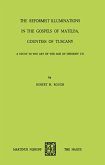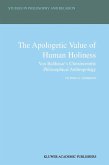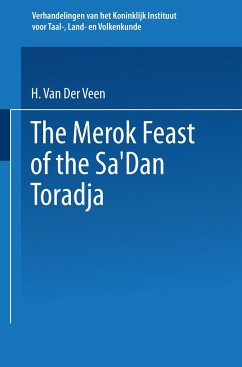The Latin texts collected by Leon Baudry present the late fifteenth century debate at the University of Louvain over the truth-value of proposi tions about future contingent events, a subject of perennial interest in phil osophy. The theologians held fast to divine predetermination, and the Aristotelians in the Arts Faculty supported the doctrine of free choice based on indeterminism. Although the issues in the debate are still argued in philosophy, this rich collection of the theories and arguments has been neglected. Peter de Rivo and Henry de Zomeren, the principal antagonists, are cited in the recent literature, but only on the basis of slight, mostly second-hand information. The full collection of texts has never before been translated into English (or any other modern language), leaving them inaccessible to the majority of students, or any others who are not equipped to work their way through 450 pages of fifteenth-century scholastic Latin. Apart from their philosophical significance, the texts shed light on late scholastic methods in teaching and disputation, on university politics of the period in relation to the Vatican, the Court of the Duke of Burgundy, and the faculties of other great universities, and on legal procedures both secular and ecclesiastical. The human drama that develops as the debate proceeds should hold the interest of even the non-specialist.

